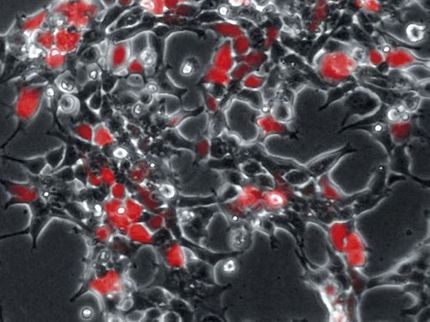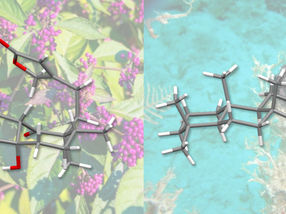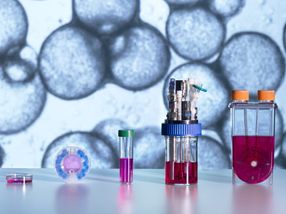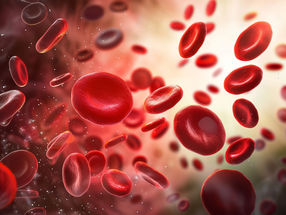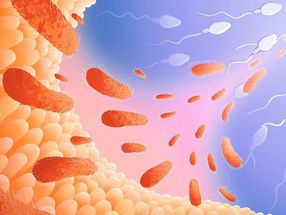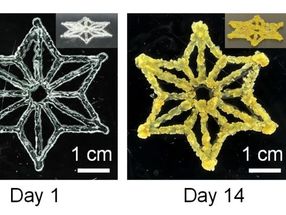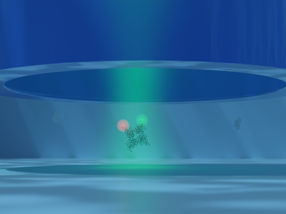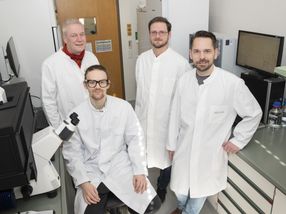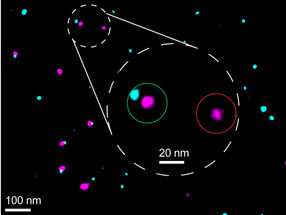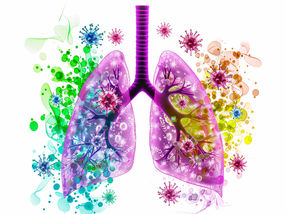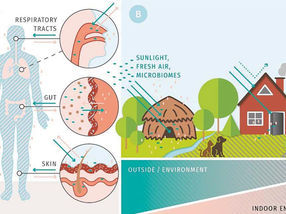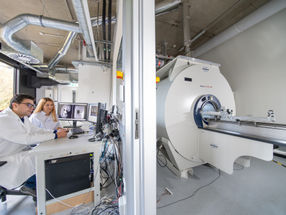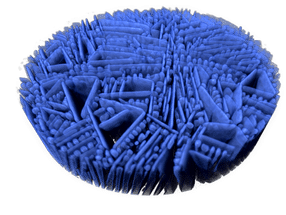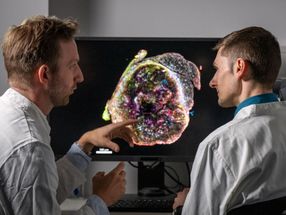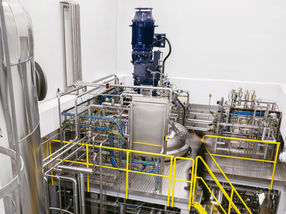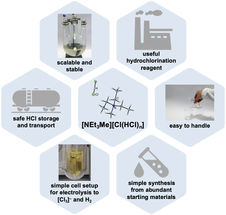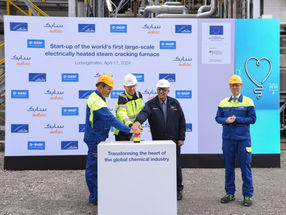Corautus Genetics Announces Publication of Gene Therapy Approach to Heart Disease in Circulation
Corautus Genetics Inc. announced the publication of preclinical results of the Company's gene transfer technology administered in combination with cytokines (blood cell growth factors). In a separate project, Corautus' technology is currently being tested in a Phase IIb trial known as GENASIS ("Genetic Angiogenic Stimulation Investigational Study"), which is enrolling up to 404 patients with Class III or IV angina in approximately 20 cardiac medical centers in the United States. In the GENASIS trial, defined doses of Vascular Endothelial Growth Factor-2 (VEGF-2) in the form of naked DNA plasmid, a non- viral vector, are delivered to diseased heart muscle tissue via the Boston Scientific Corporation Stiletto(TM) endocardial direct injection catheter system.
In the preclinical study reported in the journal Circulation (Vol. 110, No. 11), a team of researchers under the direction of Dr. Douglas W. Losordo, Chief of Cardiovascular Research at Caritas St. Elizabeth's Medical Center in Boston, tested VEGF-2 gene transfer in combination with cytokines in animal models of chronic and acute myocardial infarction ("heart attack"). The results demonstrated that the combination approach led to improved oxygenation and increased growth of supplementary blood vessels.
In addition to his role in the preclinical research of VEGF-2, Dr. Losordo is the national principal investigator for the ongoing GENASIS trial. Dr. Losordo stated, "A key goal of our efforts in VEGF-2 therapy is to increase angiogenesis, the growth of new blood vessels, in order to compensate for blocked or occluded coronary arteries which can no longer provide enough oxygen to the heart muscle. As demonstrated in previous preclinical studies, VEGF-2 provides the original signal to recruit early precursor cells to the site of low oxygen, where they form together to create new blood vessels. We believe that the addition of cytokines can induce further mobilization of these bone marrow-derived endothelial progenitor cells, potentially aiding their recruitment or retention."
"VEGF-2 gene transfer is an approach that has already shown encouraging results in early-stage clinical tests of patients with severe coronary artery disease," said Richard E. Otto, President and CEO of Corautus. "Based on these clinical findings, we initiated in September the largest trial of its kind in gene transfer therapy in the U.S. The results being published from this latest preclinical work by Dr. Losordo and his team demonstrate the potential advantages of looking at combination therapy in addition to monotherapy with VEGF-2. In light of the reported findings in this preclinical study, we believe that adding cytokines could be a useful enhancement, and it encourages further research in this area."
Other news from the department science
Most read news
More news from our other portals
See the theme worlds for related content
Topic world Gene therapy
Genetic diseases once considered untreatable are now at the center of innovative therapeutic approaches. Research and development of gene therapies in biotech and pharma aim to directly correct or replace defective or missing genes to combat disease at the molecular level. This revolutionary approach promises not only to treat symptoms, but to eliminate the cause of the disease itself.

Topic world Gene therapy
Genetic diseases once considered untreatable are now at the center of innovative therapeutic approaches. Research and development of gene therapies in biotech and pharma aim to directly correct or replace defective or missing genes to combat disease at the molecular level. This revolutionary approach promises not only to treat symptoms, but to eliminate the cause of the disease itself.
